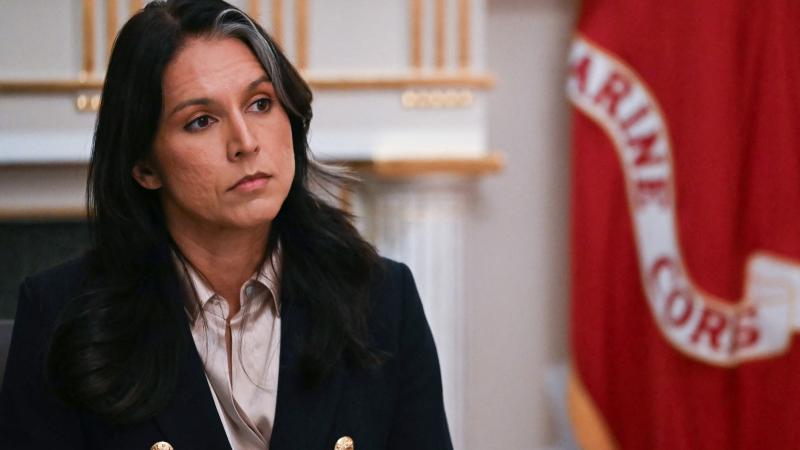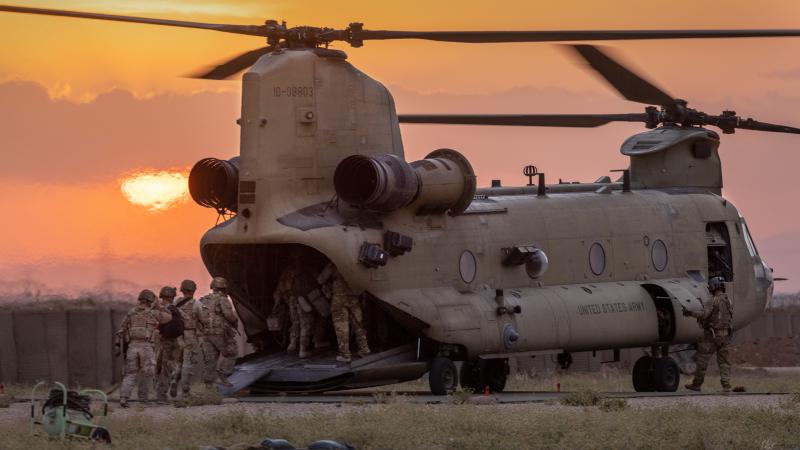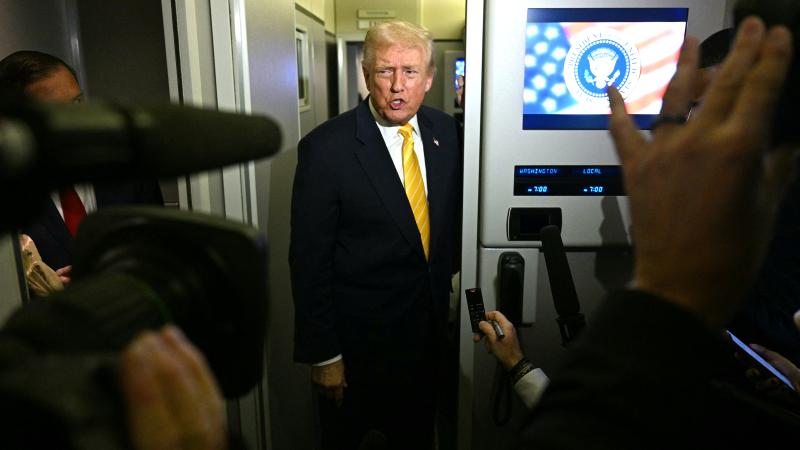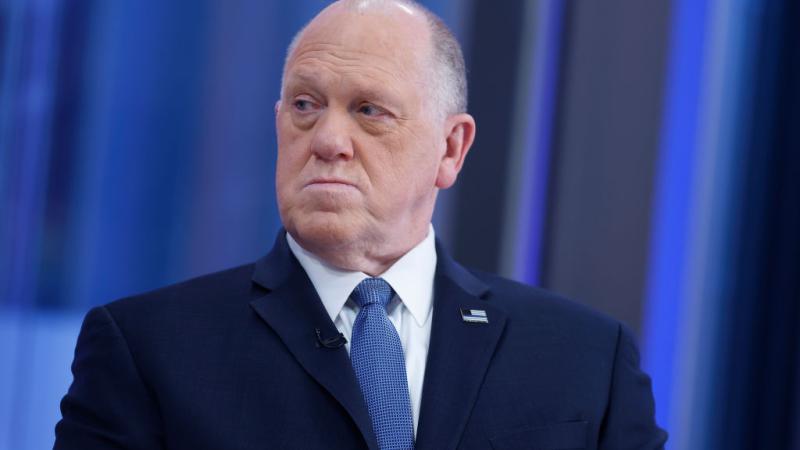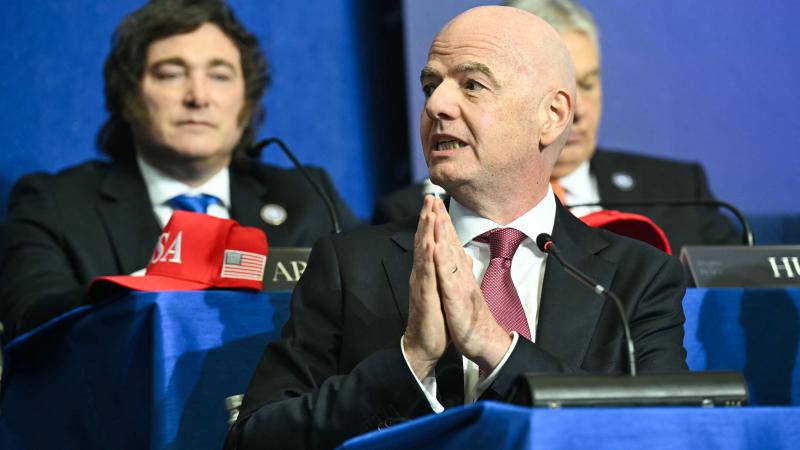Iran used classified UN records to conceal nuclear weapons work: report
The files reportedly contained information about how Iran received nuclear material from China.
Iran sent classified records from the United Nations atomic energy agency to top Tehran officials who used the reports to alter documents on suspected previous nuclear weapons work nearly two decades ago, The Wall Street Journal reported Wednesday, citing Middle East intelligence officials and documents the paper reviewed.
Documents from the International Atomic Energy Agency along with Iranian records in Persian shows some of ways Tehran officials misled the UN agency, which oversees nuclear nonproliferation treaty compliance and later monitored the 2015 Obama-era nuclear deal that President Joe Biden has been attempting to revive.
The secret IAEA documents and Iranian records were circulated with senior Iranian officials from 2004 to 2006, Middle East intelligence officials told the WSJ.
"Apart from the deception, the documents attest to prohibited and ongoing nuclear activity, which reveals new issues that demand investigation," Israeli Prime Minister Naftali Bennett said in a press release. Israeli intelligence seized more than 100,000 files in 2018 from Tehran, some of which included the IAEA records. The files were then passed on to U.S. intelligence.
The cache reportedly contained information about how Iran received nuclear material from China. Some documents also included Iranian commentary and handwritten notes in Persian on IAEA records. Iranian officials said they obtained the IAEA reports through "intelligence methods," according to documents reviewed by the paper.
The breach raises concerns about IAEA internal security, said David Albright, a former U.N. weapons inspector and current head of the Institute for Science and International Security.
"Iran could design answers that admit to what the IAEA already knows, give away information that it will likely discover on its own, and at the same time better hide what the IAEA does not yet know that Iran wants to keep that way," he told the outlet.
The IAEA and Iranian officials did not respond to the WSJ's requests for comment.
However, Tehran has consistently denied working on nuclear weapons, against which Supreme Leader Ali Khamenei issued a fatwa in 2003.
Iran's IAEA documents appear to be extensive. For example, Iran had an internal IAEA report in 2004 showing that an IAEA inspection should be expected three days later at a heavy-water production site, the outlet reported. While Tehran said it was building a heavy-water reactor for research and medical purposes, these types of reactors can be used in nuclear weapons production.
"The exposure of Iran's systematic program to deceive the IAEA – which was based around documents that Iran stole from the IAEA – is a wake-up call to the world. This is additional proof of Iranian efforts to advance toward achieving nuclear weapons," Israeli PM Bennett wrote.
"The systematic policy of fraud, theft and concealing evidence by Iran against the IAEA should now become a definitive fact in the eyes of the international community," he said. Sen. Todd Young (R-Ind.) pressed Robert Malley, the State Department’s Special Envoy for Iran, on what he knew about Iran's efforts to hide its previous nuclear work in light of the WSJ's findings.
"Senator, did Iran lie? Of course. Did did Iran have a covert nuclear program? Absolutely. That's the reason why prior administrations imposed such crushing sanctions on Iran," Malley responded during a Senate Foreign Relations Committee hearing on Wednesday.

